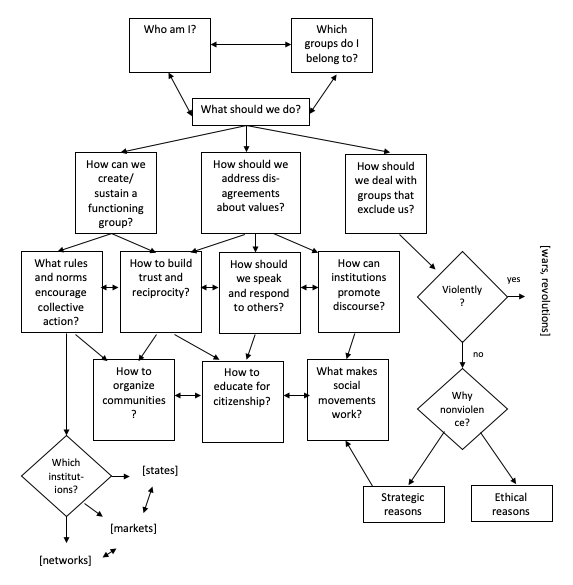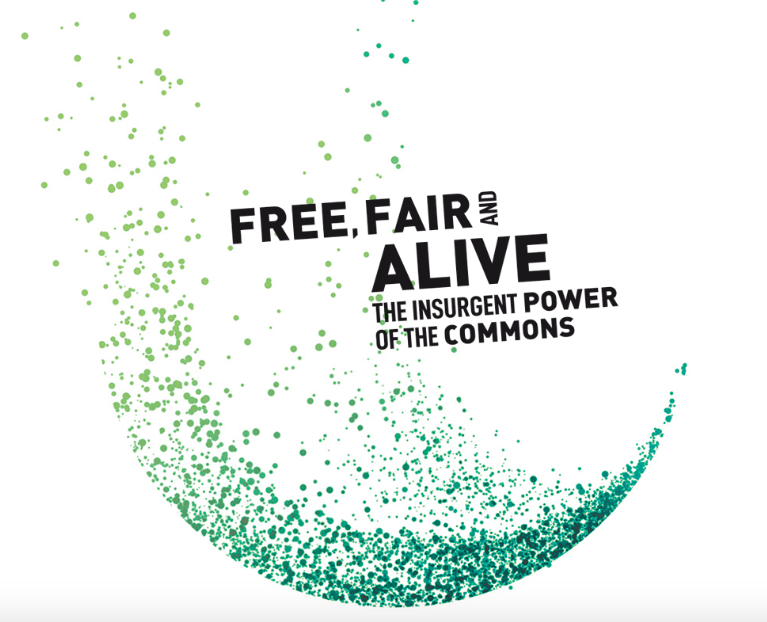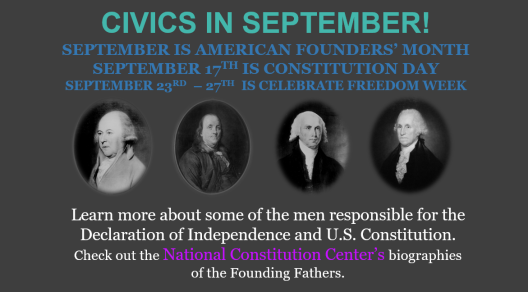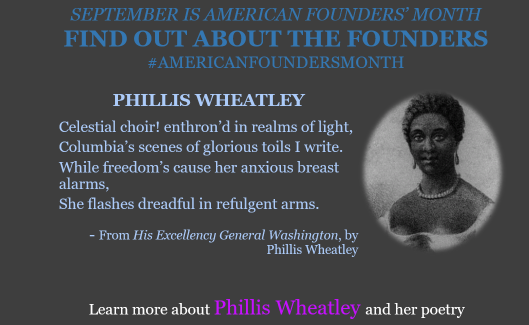Here are the upcoming D&D online events happening over the next few weeks, including NCDD sponsor org The Courageous Leadership Project, NCDD member org Living Room Conversations, as well as, from the International Association of Facilitators (IAF) and International City/County Management Association (ICMA).
NCDD’s online D&D event roundup is a weekly compilation of the upcoming events happening in the digital world related to dialogue, deliberation, civic tech, engagement work, and more! Do you have a webinar or other digital event coming up that you’d like to share with the NCDD network? Please let us know in the comments section below or by emailing me at keiva[at]ncdd[dot]org, because we’d love to add it to the list!
Upcoming Online D&D Events: Living Room Conversations, IAF, The Courageous Leadership Project, ICMA
Online Living Room Conversation: Social Equity – 90-Minute Online Conversation

Thursday, September 5th
8:30 am Pacific, 11:30 am Eastern
Social equity can be defined as a commitment to promote fair, just, and equitable recognition of basic needs of all residents and the total community, and a commitment to diligently advocate for the provision of those needs to all residents and the total community. This conversation focuses on our own personal and community experiences with the idea of social equity and our beliefs that there is a common good in the recognition and acceptance of this idea. HERE is the conversation guide.
REGISTER: www.livingroomconversations.org/event/living-room-conversation-social-equity/
Living Room Conversations Training (free): The Nuts & Bolts of Living Room Conversations

Thursday, September 5th
2 pm Pacific, 5 pm Eastern
Join us for 90 minutes online to learn about Living Room Conversations. We’ll cover what a Living Room Conversation is, why we have them, and everything you need to know to get started hosting and/or participating in Living Room Conversations. This training is not required for participating in our conversations – we simply offer it for people who want to learn more about the Living Room Conversations practice.
Space is limited so that we can offer a more interactive experience. Please only RSVP if you are 100% certain that you can attend. This training will take place using Zoom videoconferencing. A link to join the conversation will be sent to participants the day before the training.
REGISTER: www.livingroomconversations.org/event/training-free-the-nuts-bolts-of-living-room-conversations-17/
Online Living Room Conversation: Abortion – 90-Minute Conversation w/ Optional 30-Minute Q & A with Hosts

Thursday, September 5th
4 pm Pacific, 7 pm Eastern
Abortion is seldom a topic that we speak about in casual conversation. More often we hear abortion talked about by news media, politicians or, more rarely, depicted in books, television shows or movies. In pretty much any situation, abortion elicits an intense emotional response. In the U.S. the conversation on abortion generally centers on whether you are “for” or “against” it and very rarely explores personal narratives, what we believe about abortion as a decision, what the procedure entails, or how abortion affects an individual’s reproductive and mental health. Engaging in an honest and vulnerable conversation on abortion provides an opportunity to explore the depths of our beliefs about sex, life, death, agency and parenting. It gets at the very root of what we care deeply for in life and opens the door to finding potential common ground. Here is the conversation guide.
REGISTER: www.livingroomconversations.org/event/abortion-90-minute-conversation-w-optional-30-minute-q-a-with-hosts/
International Association of Facilitators webinar – Use of Language to Create Inclusiveness in Groups
 Monday, September 9th
Monday, September 9th
3 pm Pacific, 6 pm Eastern
This session will explore the power of language and how it has the ability to create an inclusive environment, or unconsciously exclude people from hearing what you have to say. Expand your facilitation skills through building self-awareness of the things you communicate to others and how you can begin to rephrase your thoughts and words. Annette Denny from The University of Waterloo in Canada will lead the session.
REGISTER: www.iaf-world.org/site/events/webinars
The Courageous Leadership Project webinar – Brave, Honest Conversations
 Wednesday, September 11th
Wednesday, September 11th
9 am Pacific, 12 pm Eastern
Some conversations are hard to have. Fear and discomfort build in your body and you avoid and procrastinate or pretend everything is fine. Sometimes you rush in with urgency, wanting to smooth things over, fix them, and make them better. Sometimes you go to battle stations, positioning the conversation so you have a higher chance of being on the “winning” side. NONE OF THIS WORKS. Instead, it usually makes a hard conversation harder; more divided, polarized, and disconnected from others. The more people involved, the harder the conversation can be. I believe that brave, honest conversations are how we solve the problems we face in our world – together.
In this webinar, we will cover: What is a Brave, Honest Conversation ? Why have one? What can change because of a brave, honest conversation? How do you have one? What do you need to think about and do? How do you prepare yourself for a brave, honest conversation?
? Why have one? What can change because of a brave, honest conversation? How do you have one? What do you need to think about and do? How do you prepare yourself for a brave, honest conversation?
REGISTER: www.bravelylead.com/events/bhcfreewebinar
International City/County Management Association (ICMA) webinar – Grappling with Gnarly Issues-How Local Government Can Help
 Wednesday, September 11th
Wednesday, September 11th
10 am Pacific, 1 pm Eastern
Communities want their local governments to take action on tough issues, sometimes even when a local government may not be the primary entity responsible. Learn about successful efforts by local governments to tackle gnarly issues like environmental challenges, opioids, and homelessness. Gain insights and approaches you can use to address the tough issues your agency faces.
REGISTER: https://icma.org/events/free-webinar-grappling-gnarly-issues-how-local-government-can-help
Online Living Room Conversation: Gender – 90-Minute Conversation w/ Optional 30-Minute Q & A with Hosts

Thursday, September 12th
4 pm Pacific, 7 pm Eastern
What’s the big deal about gender? In this conversation, we will explore biological sex, gender identity, and gender expression to better understand how these concepts impact your life and the lives of others. Here is the conversation guide. We will use the following definitions:
- Biological Sex- refers to the biological anatomy of an individual’s reproductive system, and secondary sex
characteristics (male, female, intersex, etc.)
- Gender Identity- an individual’s concept/identity of themselves (man, woman, trans, gender non conforming, etc.)
- Gender Expression- how individuals present themselves (masculine, feminine, androgynous, etc.)
REGISTER: www.livingroomconversations.org/event/gender-90-minute-conversation-w-optional-30-minute-q-a-with-hosts/
September CGA Forum Series: How Can We Stop Mass Shootings in Our Communities?
 Saturday, September 14th
Saturday, September 14th
4 pm Pacific, 7 pm Eastern
Please join us for a Common Ground for Action (CGA) online deliberative forum on How Can We Stop Mass Shootings in Our Communities? We’ll discuss this issue by considering the actions and drawbacks for three options: (1) reduce the threat of mass shootings; (2) equip people to defend themselves; and (3) root out violence in society. f you haven’t had a chance to review the issue guide, you can find a downloadable PDF copy at the NIF website: www.nifi.org/es/issue-guide/issue-advisory-how-can-we-stop-mass-shootings-our-communities-2016
REGISTER: www.nifi.org/en/events/september-cga-forum-series-how-can-we-stop-mass-shootings-our-communities

 The guests are Sheila Bentley and Jean Francios Mathieu, members of the International Listening Association (
The guests are Sheila Bentley and Jean Francios Mathieu, members of the International Listening Association (
 Today
Today 
 Monday, September 9th
Monday, September 9th
 Wednesday, September 11th
Wednesday, September 11th Wednesday, September 11th
Wednesday, September 11th Saturday, September 14th
Saturday, September 14th

